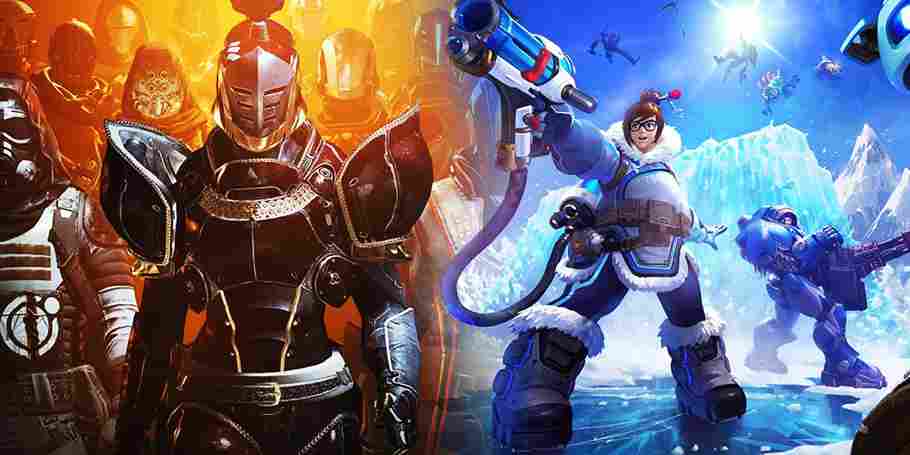
Fun Multiplayer Android Games Development
Idea Generation: Decide on the type of game you want to create. Popular genres include action, puzzle, strategy, and sports. Target Audience: Define your target audience. Knowing who will play your game will help you tailor the gameplay experience to their preferences. Core Mechanics: Outline the core mechanics of your game. This includes gameplay rules, objectives, controls, and game flow.
Learn More